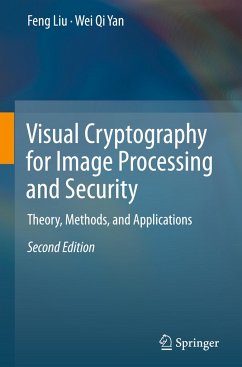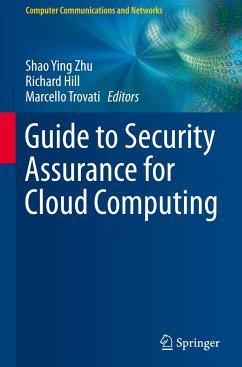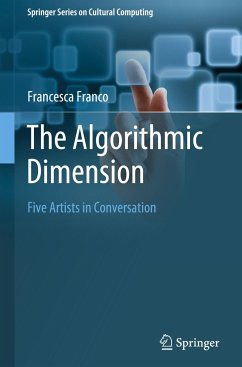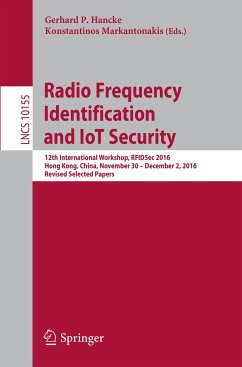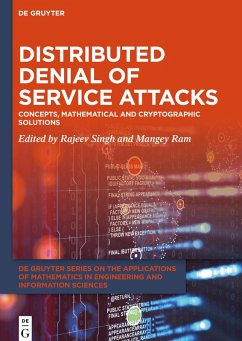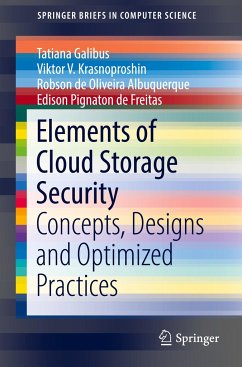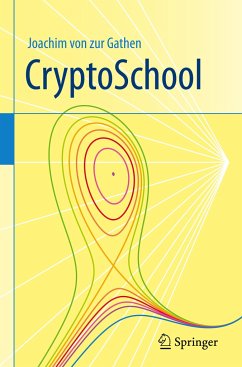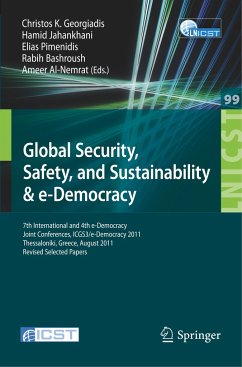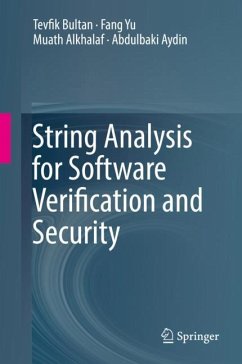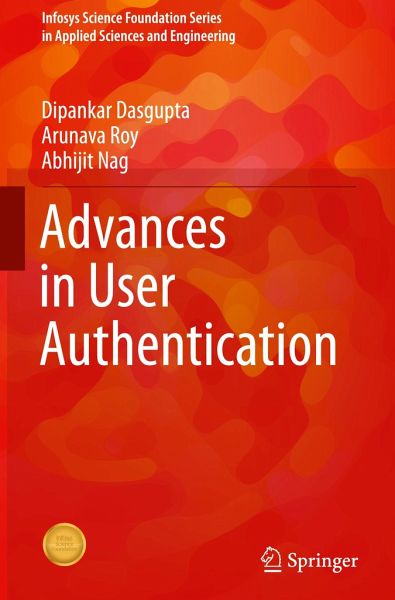
Advances in User Authentication
Versandkostenfrei!
Versandfertig in 6-10 Tagen
62,99 €
inkl. MwSt.
Weitere Ausgaben:

PAYBACK Punkte
31 °P sammeln!
This book is dedicated to advances in the field of user authentication. The book covers detailed description of the authentication process as well as types of authentication modalities along with their several features (authentication factors). It discusses the use of these modalities in a time-varying operating environment, including factors such as devices, media and surrounding conditions, like light, noise, etc. The book is divided into several parts that cover descriptions of several biometric and non-biometric authentication modalities, single factor and multi-factor authentication syste...
This book is dedicated to advances in the field of user authentication. The book covers detailed description of the authentication process as well as types of authentication modalities along with their several features (authentication factors). It discusses the use of these modalities in a time-varying operating environment, including factors such as devices, media and surrounding conditions, like light, noise, etc. The book is divided into several parts that cover descriptions of several biometric and non-biometric authentication modalities, single factor and multi-factor authentication systems (mainly, adaptive), negative authentication system, etc. Adaptive strategy ensures the incorporation of the existing environmental conditions on the selection of authentication factors and provides significant diversity in the selection process. The contents of this book will prove useful to practitioners, researchers and students. The book is suited to be used a text in advanced/graduatecourses on User Authentication Modalities. It can also be used as a textbook for professional development and certification coursework for practicing engineers and computer scientists.



